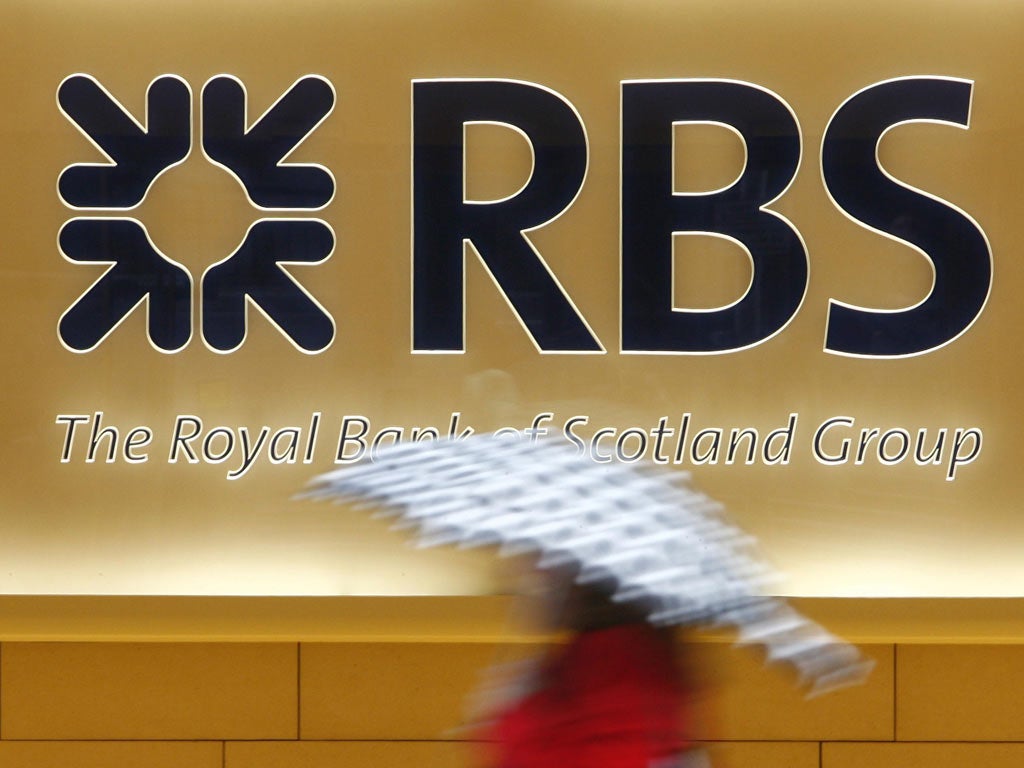RBS chief prepares for huge bonus as Cameron vows to curb excessive pay

The chief executive of the state-owned Royal Bank of Scotland is set to pocket another multimillion-pound bonus in an award which will open David Cameron to charges of hypocrisy after he vowed to go on the offensive against excessive executive pay.
It has become clear Stephen Hester is due to get the payment after a year in which the bank's share price has more than halved. Details of the award are still being worked on but it will come just after David Cameron promised measures to curb city excess.
An RBS spokesman said it was "too early to speculate" on the award but Mr Hester's pay has been defended by his chairman, Sir Philip Hampton, on the basis that he was "working like stink" to turn around the bank.
David Cameron announced plans yesterday for a clampdown on executive pay, saying investors should take greater responsibility over the issue, but will face charges of insincerity if the Government allows high levels of pay at companies in which it is the largest shareholder. UK Financial Investments, which manages the taxpayer's holding, voted in favour of the RBS pay deals last year.
The Prime Minister has promised moves to give extra powers to shareholders – notably a binding vote on top salaries, to curb the practice of authorising "golden parachutes" to departing executives, and to require companies to provide more details of managers' salary packages.
But he is already facing a backlash from business leaders. Business chiefs pointed out that, by the time shareholders would get to vote on bonuses at the company's AGM, the money would already have been paid out.
"Shareholders would only be voting after the problem has happened," said John Cridland, the director general of the Confederation of British Industry.
Downing Street sources meanwhile suggested that the power for shareholders to block exorbitant pay-offs would only be applied to newly-appointed executives, meaning it could take years for the sanction to bite.
The Association of British Insurers warned that a vote to block a director's promised bonus could leave employers facing legal action. Mr Cameron told BBC1's Andrew Marr Show that he knew executives picking up huge cheques even when their companies had failed made "people's blood boil".
Join our commenting forum
Join thought-provoking conversations, follow other Independent readers and see their replies
Comments
Bookmark popover
Removed from bookmarks